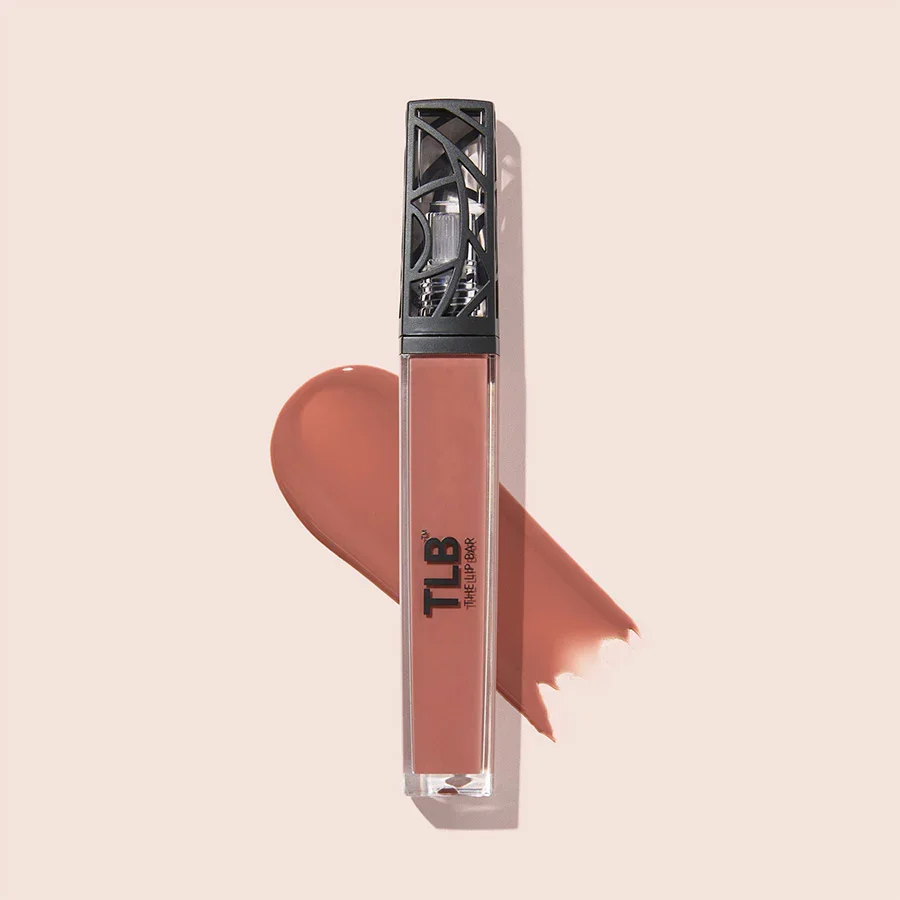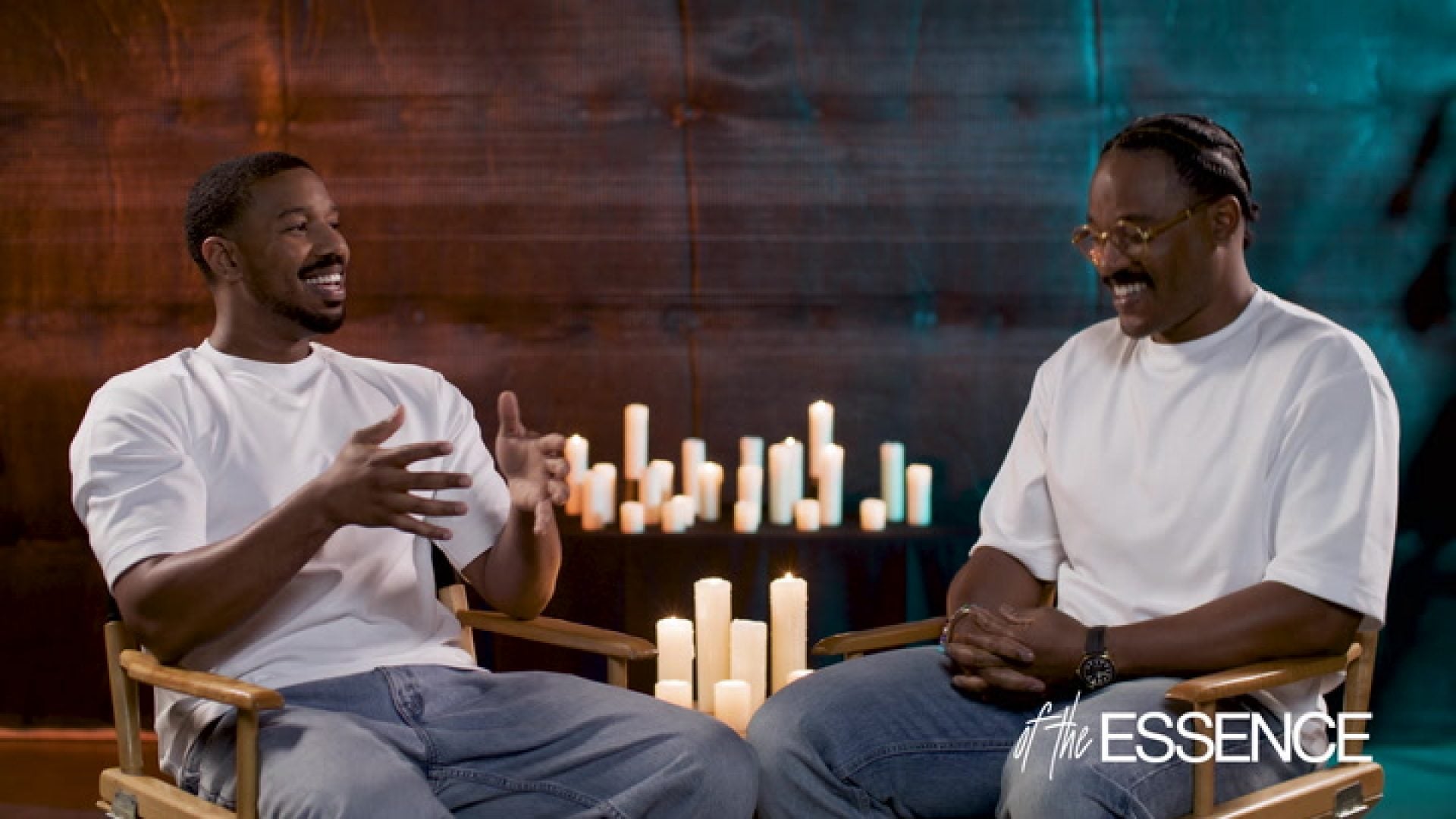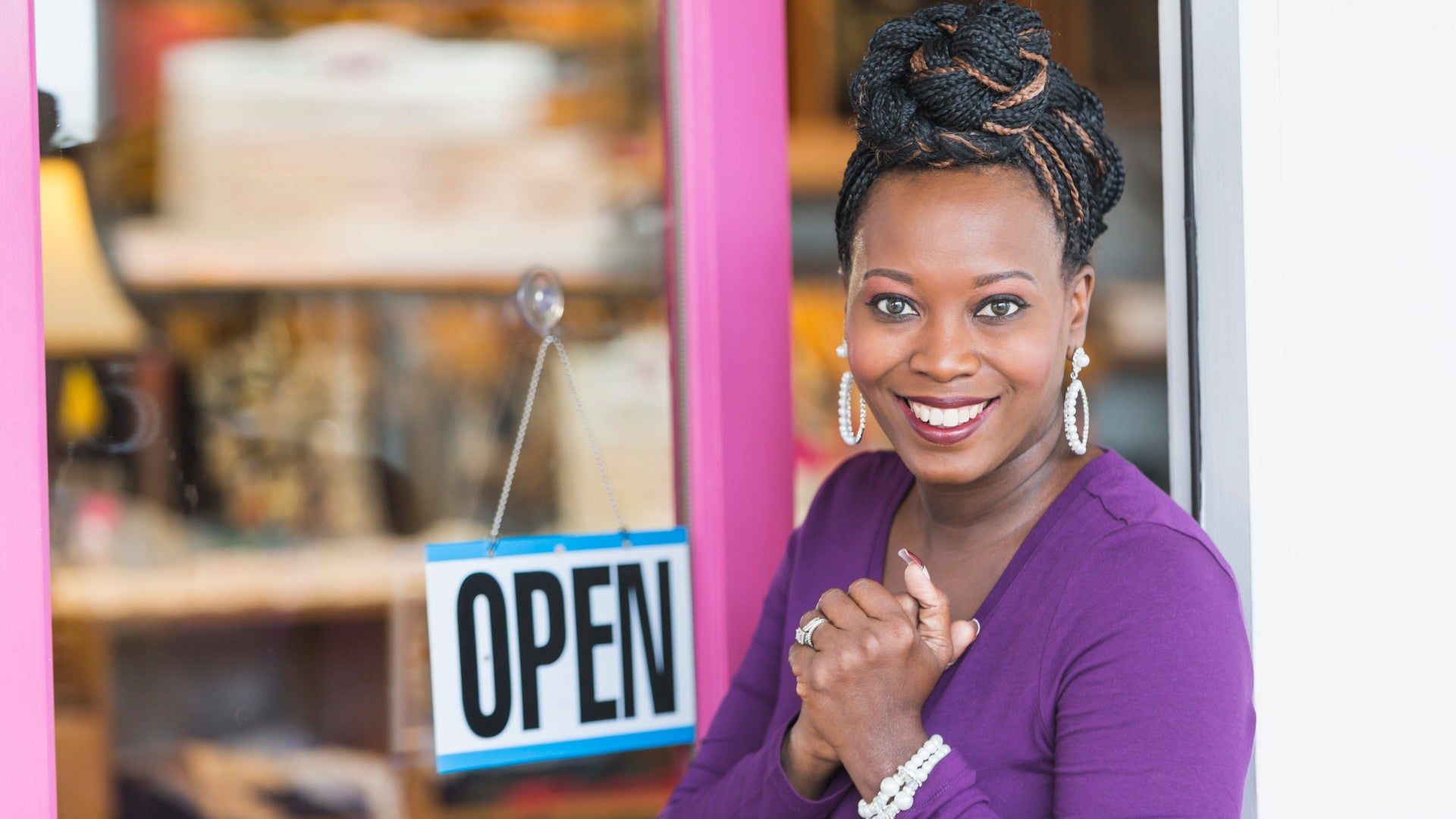
Rihanna’s words rang out to me from my Twitter feed, “We ain’t buying shit, we ain’t selling shit! Gang gang! #BLACKOUT AF!”
Gang gang!
I felt the uncontrollable emotion welling up in me fiercely. I couldn’t stop it, and quickly, the tears began. It was the first time I cried, I mean truly wept, about anything other than losing my sister since she passed in 2016.
I felt small, helpless and useless. Every pitch that I received about some “new” and “game-changing” beauty product made me want to fly into a rage.
I began to go to all of the websites for organizations that I knew had been fighting for equality and initiatives that help the Black community—M4BL, Black Lives Matter, Black Visions Collective. I wanted to do something. Small donation here. Small donation there.
Then I started changing all the plans for my upcoming wedding in November. My fiancé and I were already making an attempt to support Black businesses in our process as much as possible, but this sparked an immovable adamance in me to buy Black only. We switched everything from the drinks we would serve (in order to patronize only Black-owned liquor brands) to what dress I would wear. I still felt small.
That’s when I was reminded of an important resolution I made at the top of the decade: by the end of 2020, 80 percent of all my purchases going forward would be from Black-owned retailers. Today, I’m seeing the importance of that now more than ever.
It couldn’t only be important when looking for certain food, or getting my hair done. Although, buying Black-owned there was a given. After watching the documentary Black Girl Church, how could I continue to shop at Korean-owned beauty supply stores where I’m equally needed for my dollars and often times despised for my presence? With companies such as Latched & Hooked, Mayvenn, Upgrade, Harlem Hair Company, Natural Girl Wigs and more, I don’t need to take my dollars outside of the community for quality hair again. But that’s just a small part of it.
While I knew it would be easier to find Black-owned brands for clothing, artwork, bars, even beauty products, I knew it wouldn’t be an easy effort altogether. Still, I resolved to seek out a Black grocer, a Black-owned bank, a Black-owned home goods store, and of course, a Black-owned beauty supply store near me. Thankfully, there were online resources to help me support Black-owned businesses (in addition to my ESSENCE colleagues), such as We Buy Black, Buy From A Black Woman, Black-Owned Brooklyn (where I live), Shoppe Black and the EatOkra app.
And sometimes buying Black-owned means spending more money on the same items, but I understand it isn’t because Black business owners want to stick it to their customers. They are often overcharged for materials, blocked by wholesalers and forced to buy their products at a higher price, therefore passing part of that cost onto the customer in order to make even a small profit. But if you would buy that $90 sweatshirt from Nike then you shouldn’t have an issue paying half of that for a sweatshirt at Melanin Apparel. For many of these brands every single purchase is important. So I’d rather pay more to support them in order to ensure that they can stay afloat.
It’s not about boycotting non-Black-owned brands, it’s about investing in Black-owned ones that are just as amazing but have more difficulty getting their goods and services sold. I’ll shout about great products from the rooftops (especially beauty—it’s what I do). But this is an act of love for my community, not hate for anyone else’s.
After a few hours of contacting Black wedding planners and Black-owned restaurants for catering, I felt a little less small. It felt like I took some of my power back. While I’m only one person who can’t make up for a ton of spending in the community, it’s my responsibility to stay true to my resolution. There are so many brands out there that make amazing products (and trust me, I’ve tried lots of them), but it’s important to me to support my community because so many other people don’t.
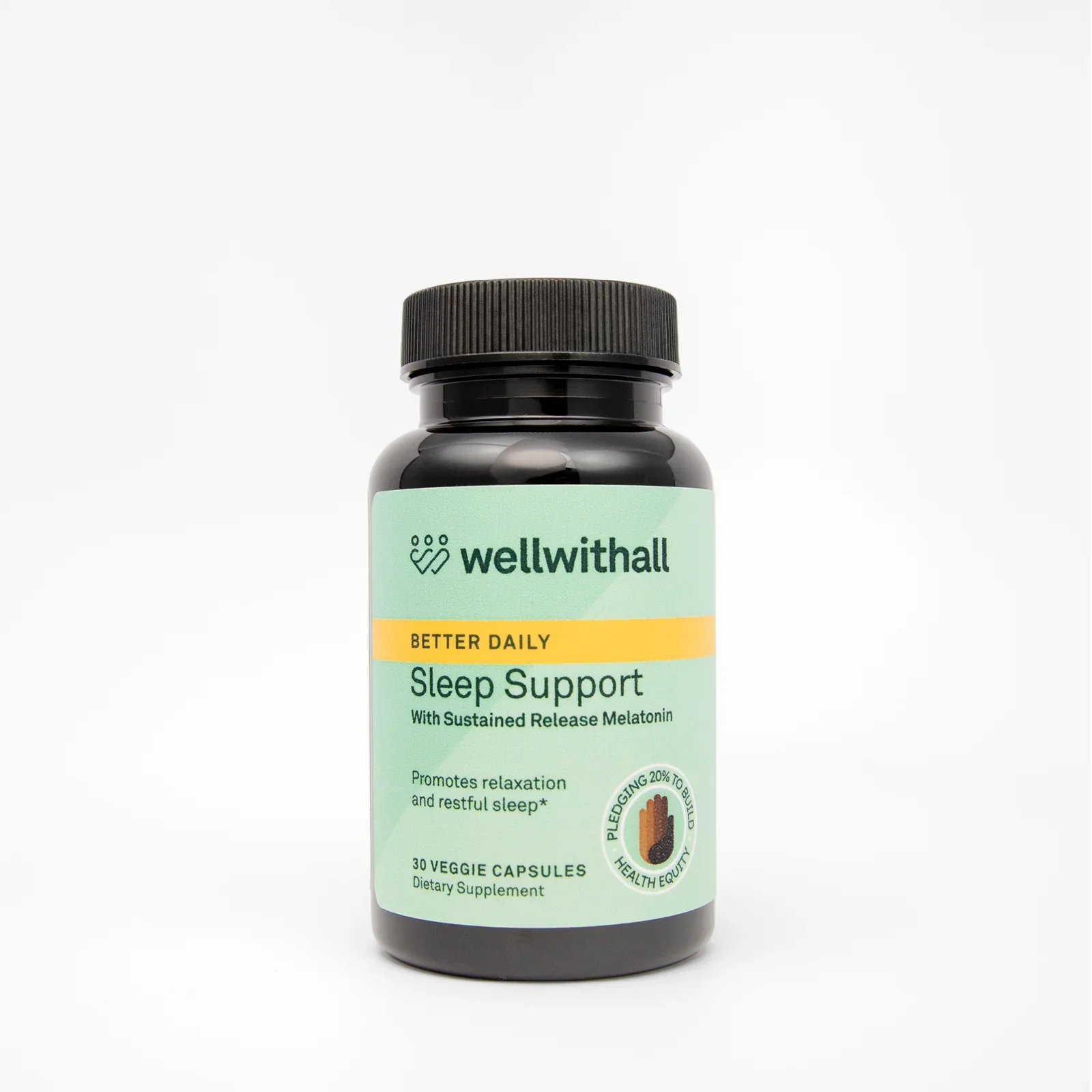
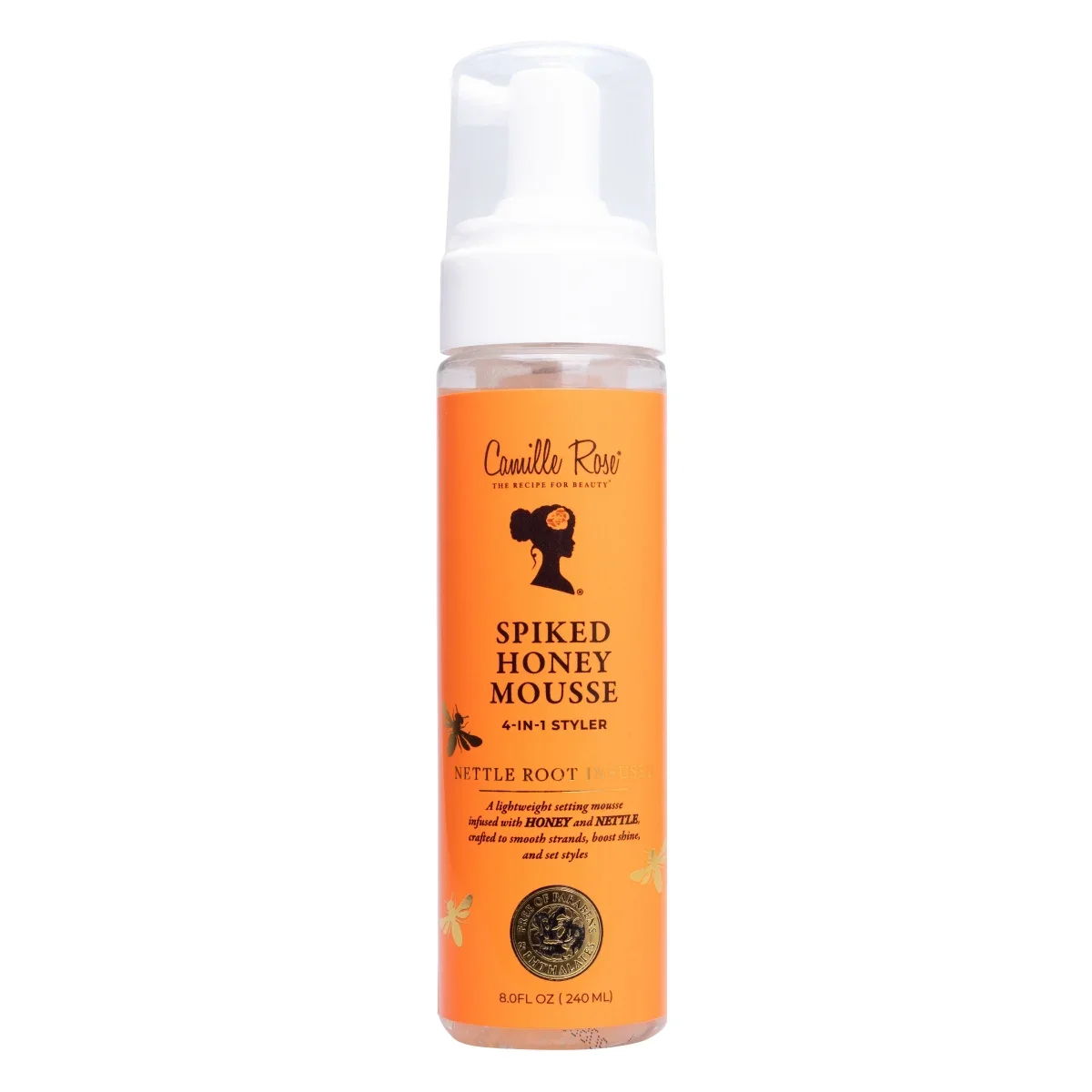
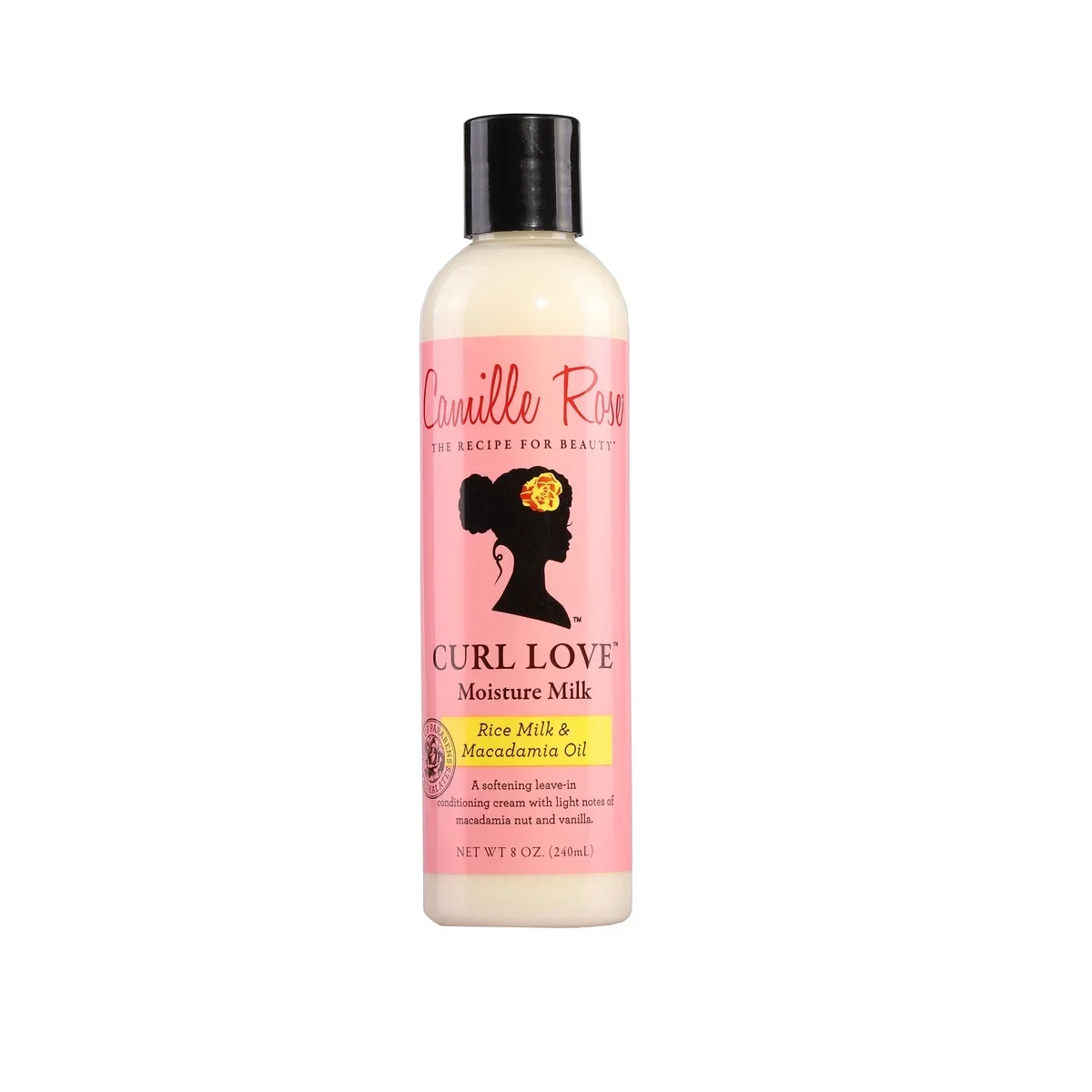
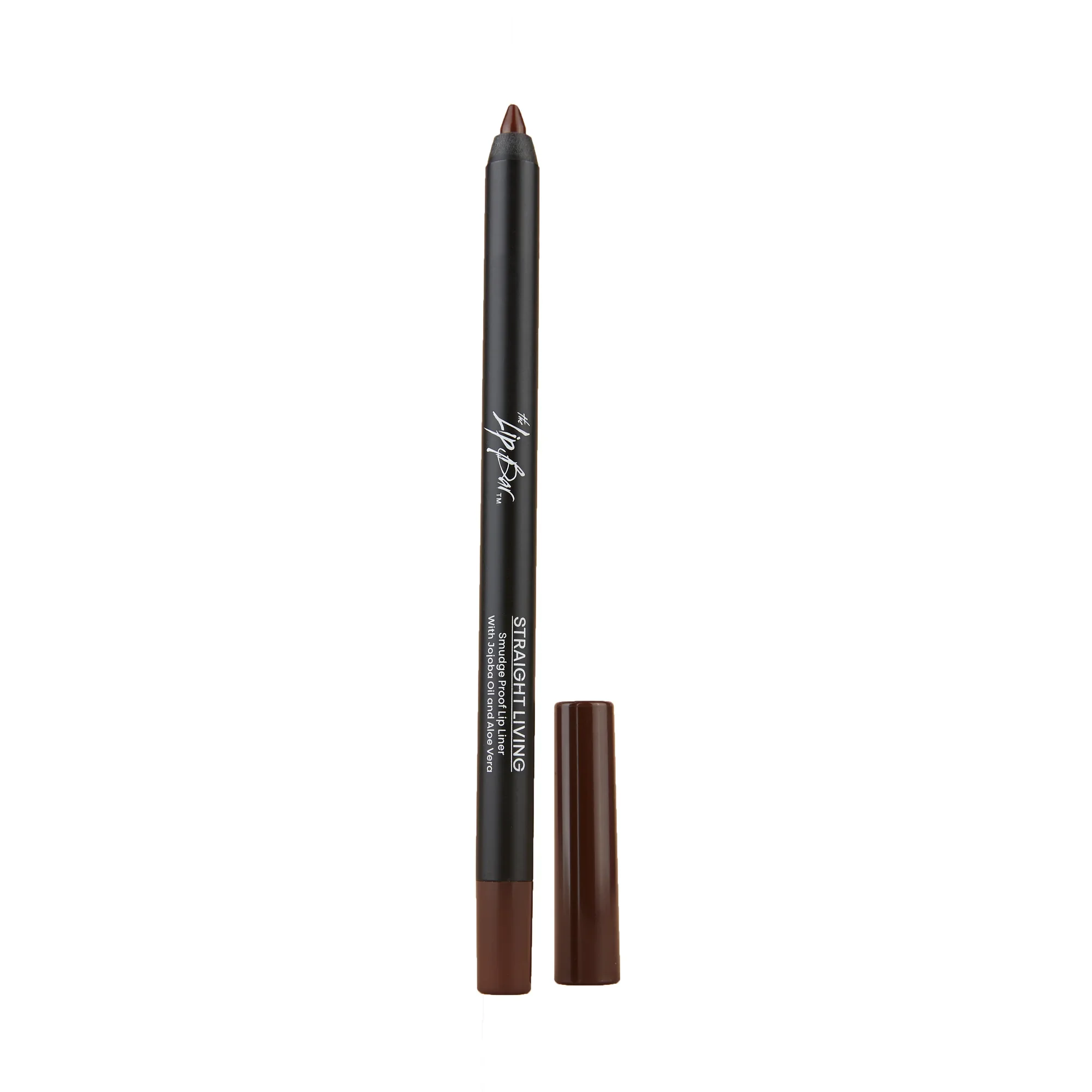
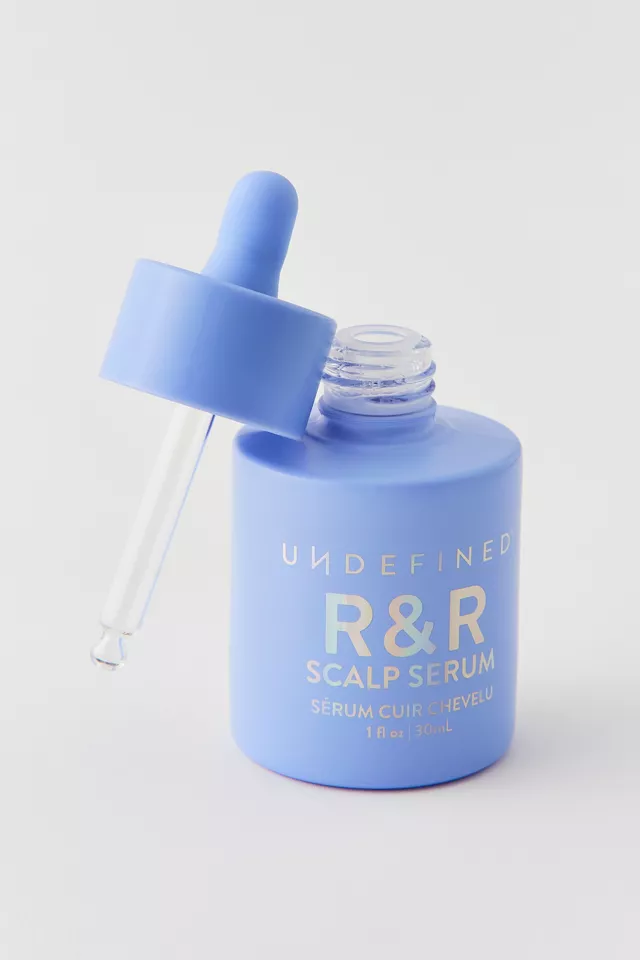
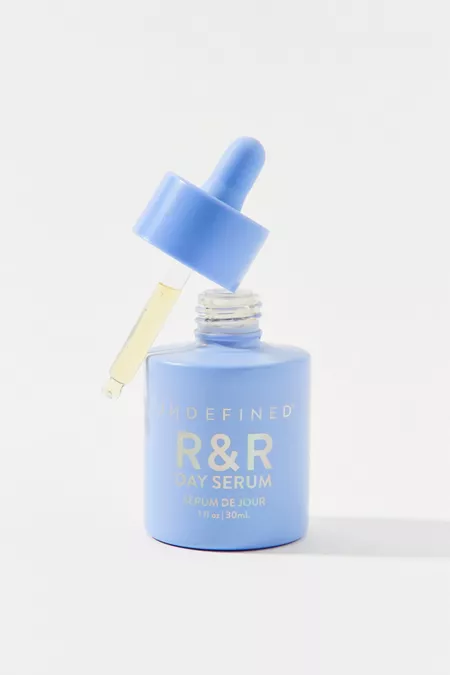
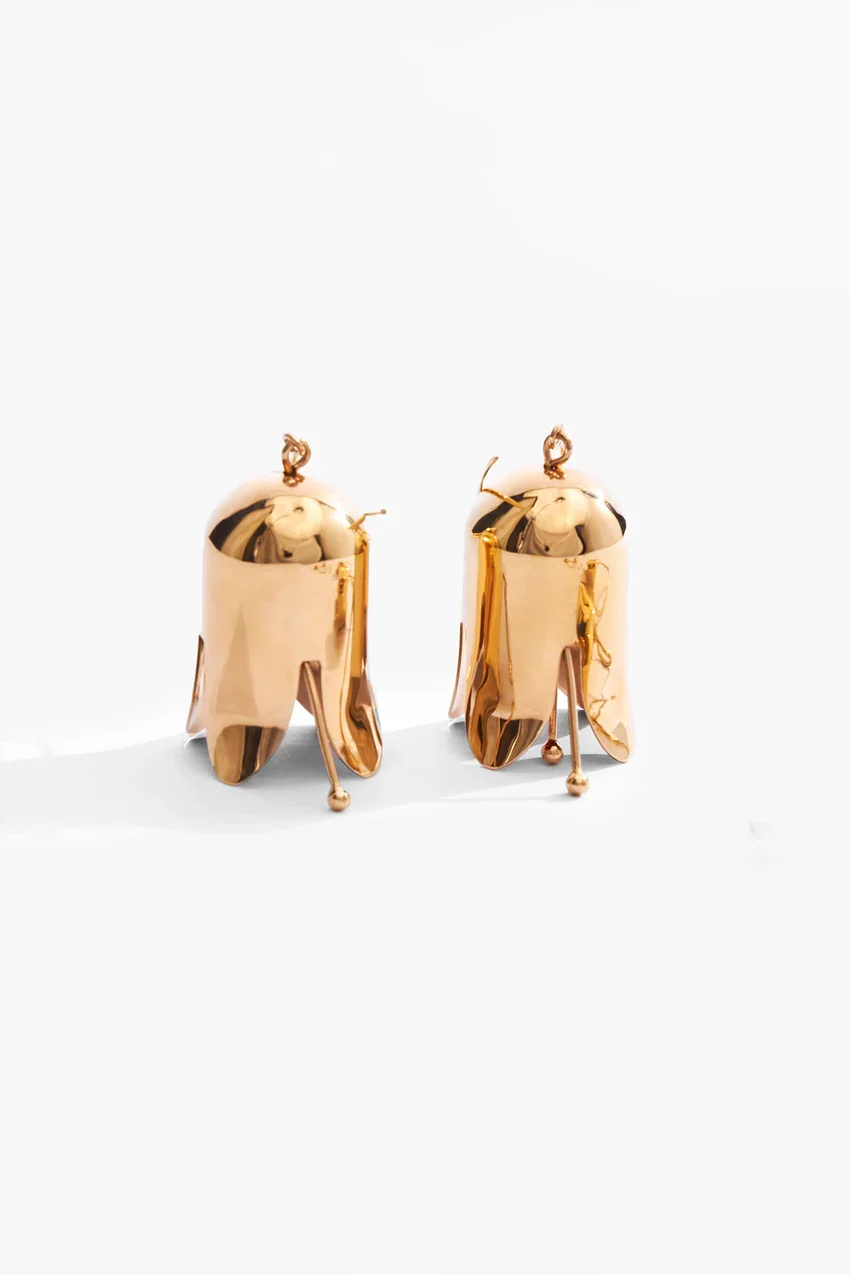
You don’t always directly see the impact that your dollars can have on a business, or how your actions can impact others to act. But I’d like to think that having my friends and family get on board with me will spread out to their networks. And eventually my 80 percent will turn to 90 percent, until all of my purchases going forward come from Black-owned or Black-led businesses because our collective actions allowed for more and more of those businesses to exist.
